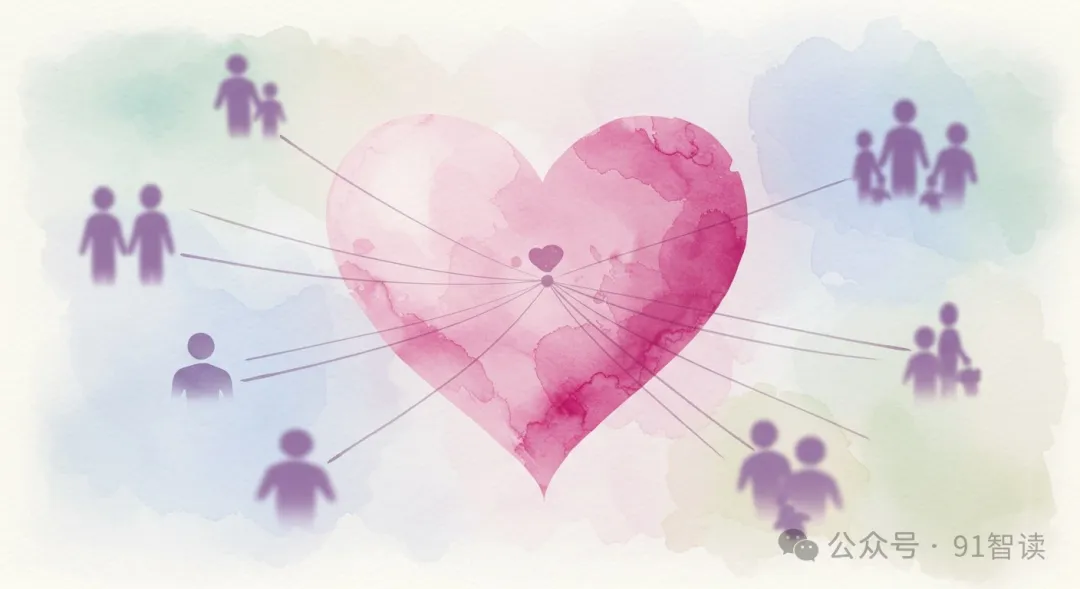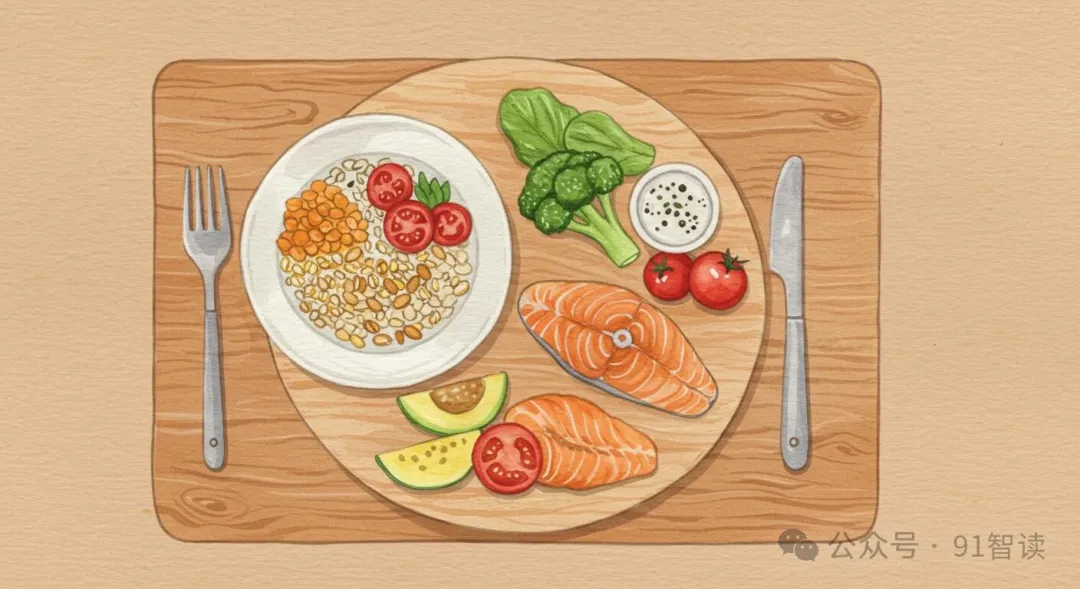Emotional Recognition: The First Step to Control Emotions
The teacher stood at the podium, holding a bottle of water in his left hand and a bottle of cola in his right. He began to shake the cola slowly, then faster and faster. The students in the audience couldn’t help but gasp, with some eagerly shouting: “Stop shaking it, it’s going to explode!” The teacher stopped, placed the cola on the table, and then began shaking the water bottle with even greater force. The audience fell silent. Finally, perhaps from arm fatigue, the teacher also placed the water bottle on the table.






